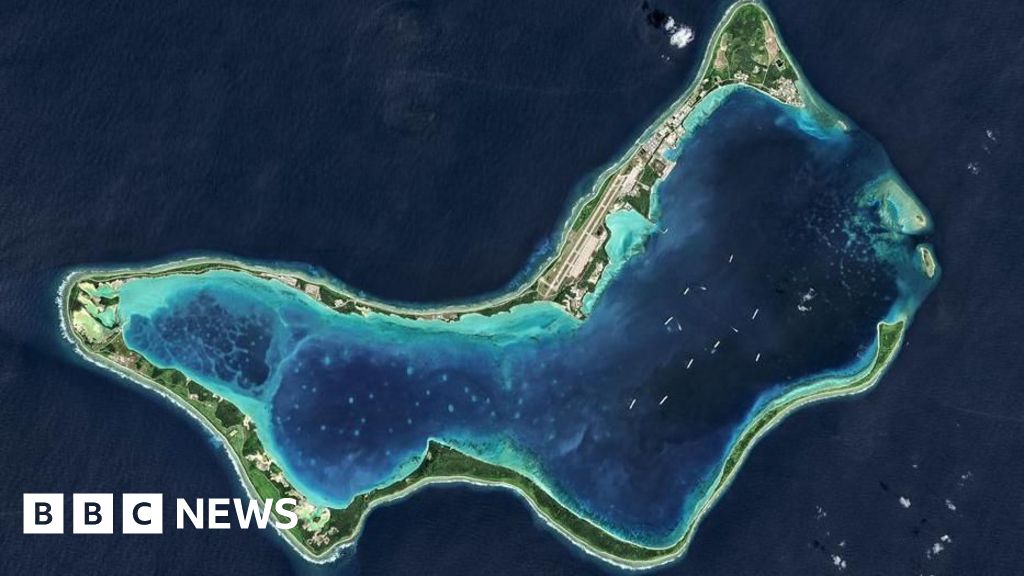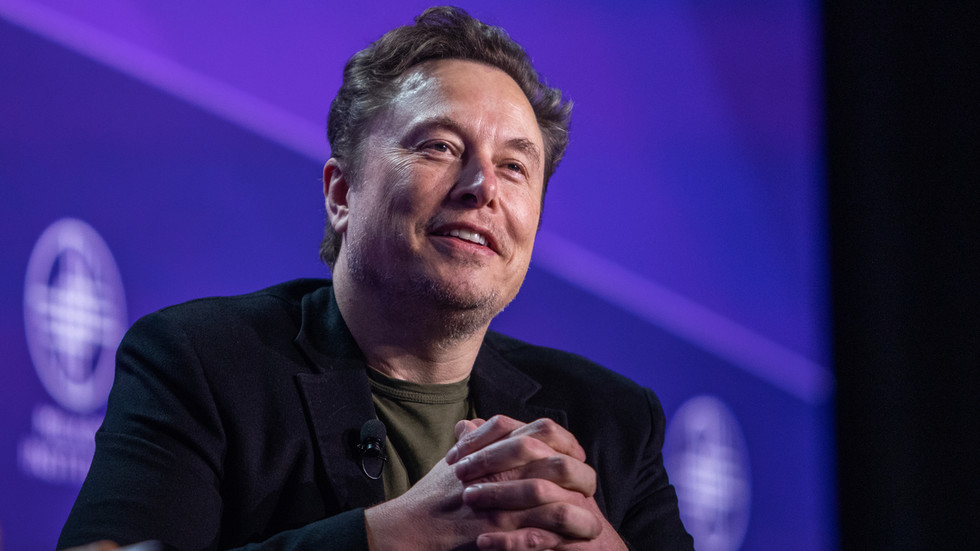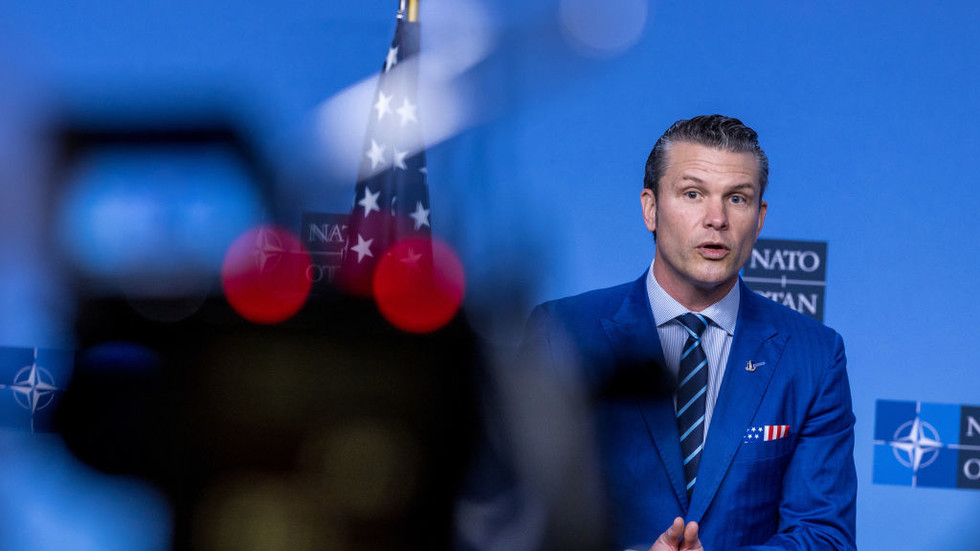Published On 13 Feb 2025
European leaders have scrambled to get a seat at the table in Ukraine peace talks after United States President Donald Trump spoke directly to Russian President Vladimir Putin and announced the immediate start of negotiations.
Trump said he had held a “highly productive phone call” on Wednesday and would “probably” meet in person with Putin in the near term. He then briefed Ukrainian President Volodymyr Zelenskyy on the call but was noncommittal about whether Ukraine would be an equal participant in the negotiations.
“I think they have to make peace, that people are being killed, and I think they have to make peace…” Trump said as he pushed both sides to start talks to end the three-year war.
In a sign of the tension between the Trump administration and Europe, German Defence Minister Boris Pistorius said it was “regrettable” that Washington had made “concessions” to Russia before peace talks had even started.
Europe “will have to live directly” with the consequences, he said, so “it goes without saying that we must be part of the negotiations.”
German Chancellor Olaf Scholz expressed his concern that Trump could force Ukraine into a bad peace deal that would leave it facing an emboldened Russia. “The next task is to ensure that there is no dictated peace,” he told news outlet Politico.
Swedish Defence Minister Pal Jonson said European nations provided about 60 percent of the military support to Kyiv last year and must be involved, especially given US demands that Europe take more responsibility for Ukraine’s security in the longer term.
“It’s very natural that we’re engaged into the discussions,” Jonson said.
‘Chasing this illusionary goal’
The comments came on the sidelines of a NATO summit in Brussels, which many European officials had hoped would be their opportunity to influence US thinking on the war. But it soon became clear that the Trump administration was moving ahead without them.
NATO Secretary-General Mark Rutte, who chaired the meeting, said whatever agreement is struck between Russia and Ukraine, it is crucial that the “peace deal is enduring, that Putin knows that this is the end, that he can never again try to capture a piece of Ukraine”.
He insisted Ukraine must be “closely involved” in the peace talks.
In his presidential campaign, Trump had pledged to end the war but had shared little detail on how to do it. In a TV interview at the weekend he said that, at some point, Ukraine may become Russian, raising concerns from NATO allies.
Ukraine and its European allies have insisted that any deal should seek Russia’s withdrawal from captured Ukrainian land.
But new US Defense Secretary Pete Hegseth has said returning to Ukraine’s pre-2014 borders is “an unrealistic objective”. “Chasing this illusionary goal will only prolong the war and cause more suffering,” he added.
Hegseth also poured cold water on Ukraine’s wish to get NATO membership. “The United States does not believe that NATO membership for Ukraine is a realistic outcome of a negotiated settlement.”
Not a ‘betrayal’
The US defence secretary, however, denied that Washington had betrayed Kyiv by launching negotiations about its future without its full involvement.
“There is no betrayal there. There is a recognition that the whole world and the United States is invested and interested in peace. A negotiated peace,” Hegseth told reporters before the meeting of NATO defence ministers.
The Pentagon chief defended the US approach, saying the world was fortunate to have Trump, the “best negotiator on the planet, bringing two sides together to find a negotiated peace” and warned that the war in Ukraine must “be a wake-up call” for NATO’s European allies to spend more on their own defence budgets.
Hegseth also made clear that the US would not deploy troops on the ground. “Instead, any security guarantee must be backed by capable European and non-European troops,” he said.
The Kremlin said it not only wanted negotiations on Ukraine with the US but also on European security and the “concerns” of Moscow, which in 2021 demanded that NATO roll back to its 1997 borders.
“Certainly, all issues related to security on the European continent, especially in those aspects that concern our country, the Russian Federation, should be discussed comprehensively, and we expect that to be the case,” Kremlin spokesman Dmitry Peskov told reporters.
But when asked if European nations would have a seat at the table, he said it was premature to talk about the format of the negotiations.
Meanwhile, China has welcomed the proposed talks between Trump and Putin to end the Ukraine war.
“Russia and the US are both influential powers, and China welcomes their efforts to strengthen communication and dialogue on a range of international issues,” a spokesman for the Beijing Ministry of Foreign Affairs said on Thursday.
China has consistently maintained that negotiations are the only viable path to resolving the crisis. From the beginning, President Xi Jinping has aimed for a political solution, the spokesman said.
Source
:
Al Jazeera and news agencies

 4 hours ago
4
4 hours ago
4








